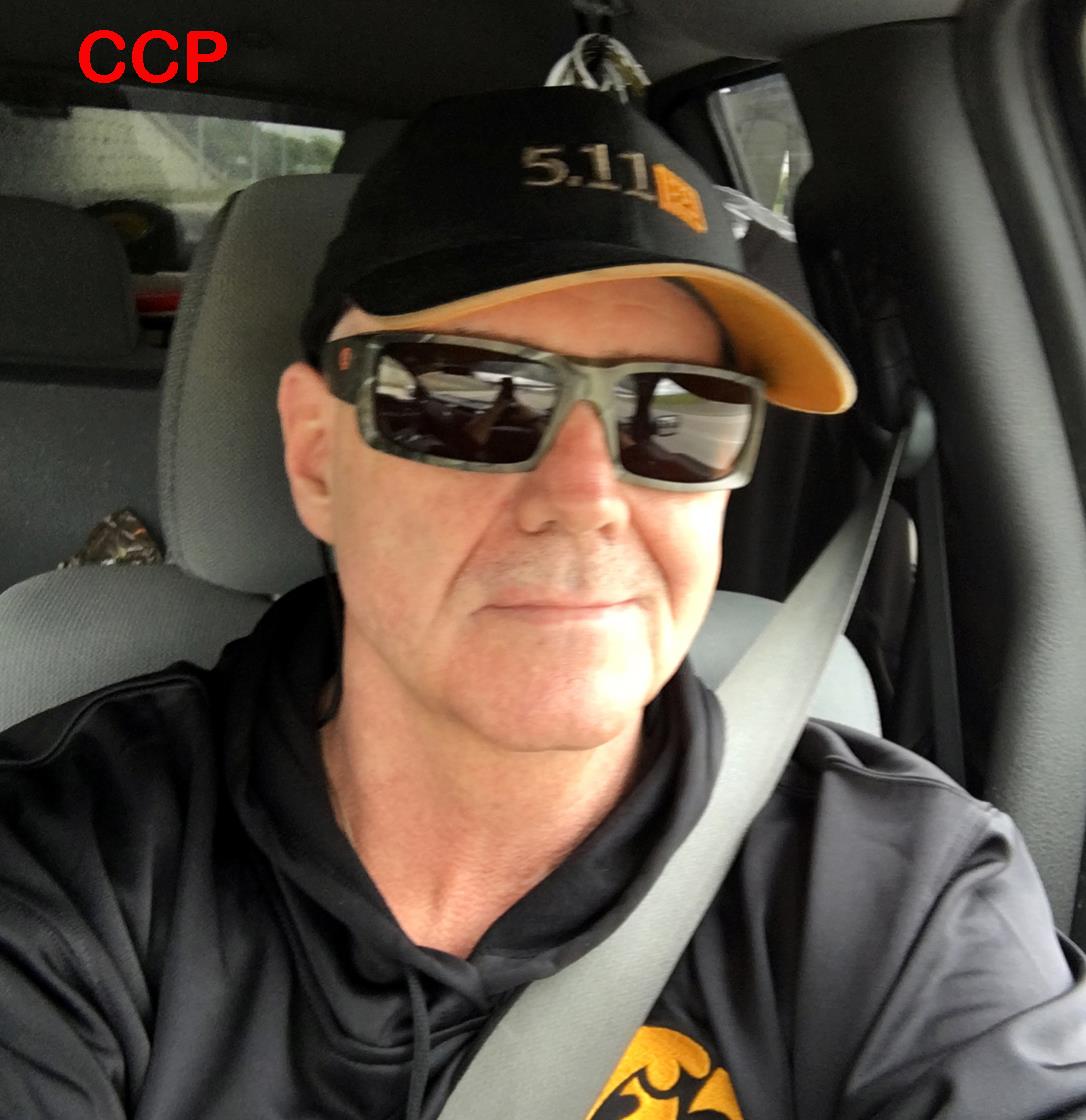To Honor Our Own… When Colleagues Pass-
“It’s not an STS data field, because it is not quantitative. The measurement for our stress is indirect, and may or may not be reflected by our coping mechanisms.”
Editor’s Note:
This is a touchy subject.
I’ve had a week to reconcile my feelings on this, and just try to figure out the right way to express my thoughts…
In the course of our commitment to do what it is we do, considering the circumstances that we work under, the stress we somehow dodge and shift away from us directly, like deflecting beams of light, inevitably we are definitely impacted.
Whether it is the exhilarating adrenaline rush of on-the-fly adjustments to an unexpected event, the unexpected failure of device or human error, or waking up at 3 am to process the next day’s complex and unusual clinical presentation that awaits us, all of these things are manifest in our daily routine 24/7.
I cannot count up personally, the amount of times that a rogue wave, a mogul, or some other sort of unexpected event has reared it’s head, and suggested to myself- that something needed to happen- and happen now!
We live in a profession, where the 1% of all that can go wrong- is what we theoretically prepare for…
What we miss, however, is the the turbulence (that we typically mitigate on CPB) may actually have a long term effect on our lives, ultimately presenting as a co-morbidity called stress.
And stress takes it’s toll.
It’s not an STS data field, because it is not quantitative. The measurement for our stress is indirect, and may or may not be reflected by our coping mechanisms. The outcome however is an undefined and lingering pathology that seems to have it’s own say in the discussion, and potentially mixes in it’s own lethal suggestions.
Which brings me to this moment where I would like to pay respects and recognize a colleague who just passed away at 66 in his twilight years as a perfusionist.
Talking about people in the “Past Tense” SUCKS. Plain and simple. We don’t do it to our patients, and when it comes to co-workers and colleagues, it hits too close to home. We have data points for our patients, that’s the only way we survive as clinicians, it allows us some “clinical space and objectivity”. When it comes to our “own” then it becomes something that you really can’t ignore- or defer to- or to relegate to, or ride down a hill on a bike with no care in the world. It remains personal, because all of a sudden there is a vacuum you never realized could be there.
His name is Bill, and I had worked with him a few times in West Texas. He was was certainly a vocal and boisterous person. His passion for Perfusion was obvious, and he certainly begged for an argument when he made his case. And he was fun to argue with- which is what makes his passing so difficult. Because he made his point- and always stuck with it.
He was an easy target, because of his flamboyant nature, he was an easy guy to not like, he was fun to judge. More significantly, he was NOT an easy person to lose. That speaks volumes to me, as I have met many, but he struck a chord, and now that note is silent.
I will miss him, as I do already, and more importantly, the medical community in West Texas will also recognize posthumously- what a tremendous asset Bill was. and the kindness he showed to pretty much anybody.
I am convinced that this field may take a year or two- or more from all of our lives- and I am sure other professions take their own toll as well, but to to me it’s worth it- being a perfusionist is definitely worth it.
We are the TIP of the spear- that saves lives!
Peace 🙂
Frank


